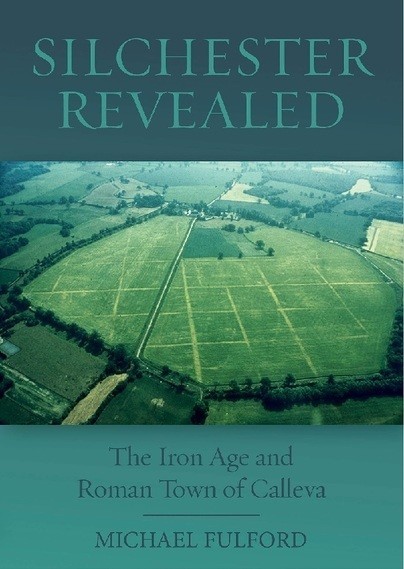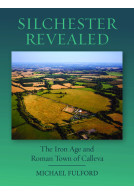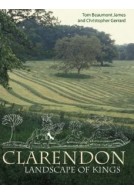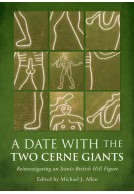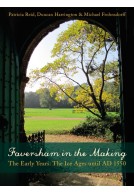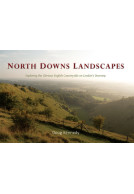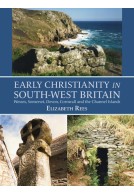Silchester Revealed (Hardback)
The Iron Age and Roman Town of Calleva
Imprint: Windgather Press
Pages: 240
ISBN: 9781914427084
Published: 15th May 2021
Casemate UK Academic
(click here for international delivery rates)
Order within the next 2 hours, 12 minutes to get your order processed the next working day!
Need a currency converter? Check XE.com for live rates
| Other formats available | Price |
|---|---|
| Silchester Revealed Paperback Add to Basket | £16.99 |
With its apparently complete town plan, revealed by the Society of Antiquaries of London’s great excavation project, 1890-1909, Silchester is one of the best known towns in Roman Britain and the Roman world more widely. Since the 1970s excavations by the author and the University of Reading on several sites including the amphitheatre, the defences, the forum basilica, the public baths, a temple and an extensive area of an entire insula, as well as surveys of the suburbs and immediate hinterland, have radically increased our knowledge of the town and its development over time from its origins to its abandonment. This research has discovered the late Iron Age oppidum and allowed us to characterise the nature of the settlement with its strong Gallic connections and widespread political and trading links across southern Britain, to Gaul and to southern Europe and the Mediterranean. Following a review of the evidence for the impact of the Roman conquest of A.D. 43/44, the settlement’s transformation into a planned Roman city is traced, and its association with the Emperor Nero is explored. With the re-building in masonry of the great forum basilica in the early second century, the city reached the peak of its physical development. Defence building, first in earthwork, then in stone in the later third century are major landmarks of the third century, but the town can be shown to have continued to flourish, certainly up to the early fifth century and the end of the Roman administration of Britain. The enigma of the Silchester ogham stone is explored and the story of the town and its transformation to village is taken up to the fourteenth century. Modern archaeological methods have allowed us to explore a number of themes demonstrating change over time, notably the built and natural environments of the town, the diet, dress, health, leisure activities, living conditions, occupations and ritual behaviour of the inhabitants, and the role of the town as communications centre, economic hub and administrative centre of the tribal ‘county’ of the Atrebates.
There are no reviews for this book. Register or Login now and you can be the first to post a review!
About Prof Michael Fulford
Michael Fulford is Professor of Archaeology at the University of Reading. His research interests are in the archaeology of the Roman world, particularly in its economic activity and urban life. He has devoted much of his career to Silchester where he began excavating in the first year of his appointment to Reading as lecturer in archaeology in 1974.







